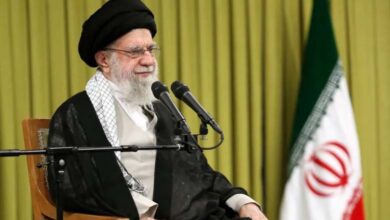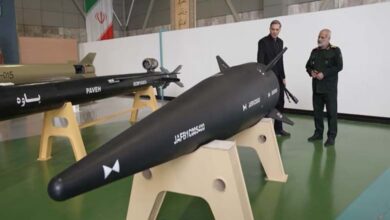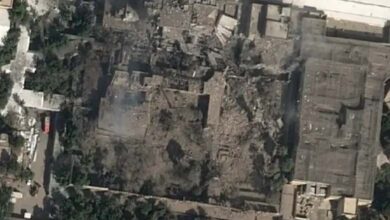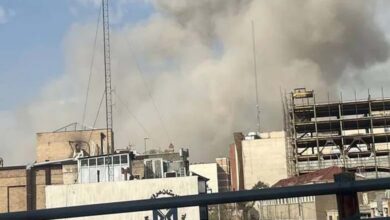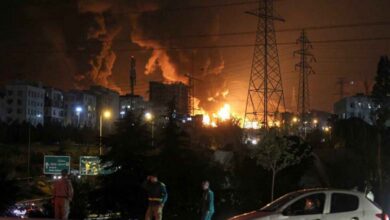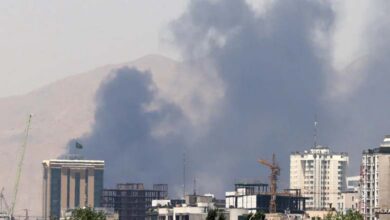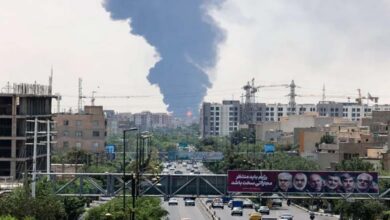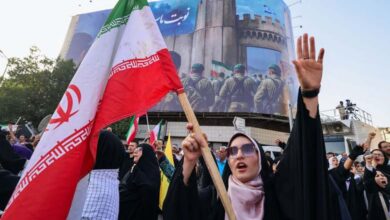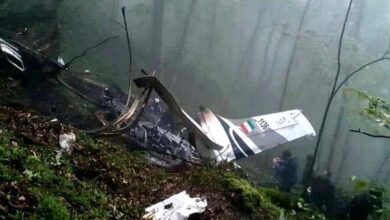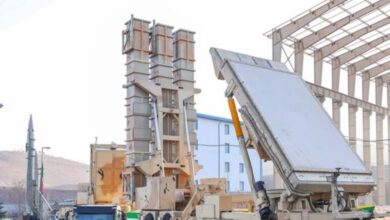A new wave of protests… Iran faces the anger of retirees due to inflation
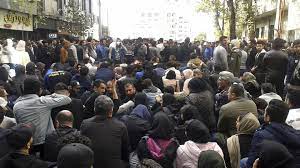
More photos and videos of retired protesters are appearing every day on Iranian social networks and media, even as the government continues to ban such demonstrations, with pensioners suffering the most from the ongoing economic crisis and problems caused by chronic state mismanagement, Deutsche Welle reported.
Economic crisis
People are not satisfied, said Jafar Adhim Zadeh, a retired unionist and chairman of the Free Union of Iranian Workers, adding that they believe political leaders are unable to provide adequate answers to their problems, and that the state cannot be ruled by repression alone.
According to the German network, for many of the retirees, the dramatic increase in food prices has been an existential problem, according to Iran’s Census Bureau. The cost of food has risen by 80% in one year, making Iran one of the five countries in the world with the highest inflation rate for food, mainly due to the massive devaluation of the Iranian currency.
Iran relies heavily on imports, particularly cereals and vegetable oils, and is forced to pay increasingly high prices in foreign currency, many of the retirees said, adding that they can only buy basic necessities.
“We couldn’t afford to travel for long,” said a 73-year-old retired teacher. “Spending time with relatives and children was our only joy, but now hardly anyone can invite guests.”
Public anger
According to official figures, about a third of the Iranian population was already living below the poverty line in 2022, and many could not afford medical treatment if they fell ill.
The daily newspaper Etemaad reported on 30 May that inflation is increasingly making people “angry, anxious, stressed and unhappy,” citing statistics from the forensic organization, which found a direct link between inflation and increased physical bickering across Iran.
The government has announced that pensions and salaries will rise 20 percent this year, but so far no inflation adjustment is on the horizon, with nearly 40 percent of the government’s budget dependent on energy revenues, and Tehran has blamed U.S. sanctions on Iran’s oil exports for the problems, and is trying to bolster its partnership with Russia and China.
Iran continues to invest heavily in the defense industry despite its economic woes, and in late May unveiled its fourth version of its liquid-fueled Khorramshahr ballistic missile, with Defense Minister Mohammad Reza Gharaei Ashtiani announcing that it could be ready for launch within a short time.
The German network noted that on 6 June, Iran also presented its first supersonic missile, Al-Fath, which the president “Raisi” said on state television would help increase the country’s strength, enhance its deterrence capabilities, and achieve security and stable peace throughout the region.


